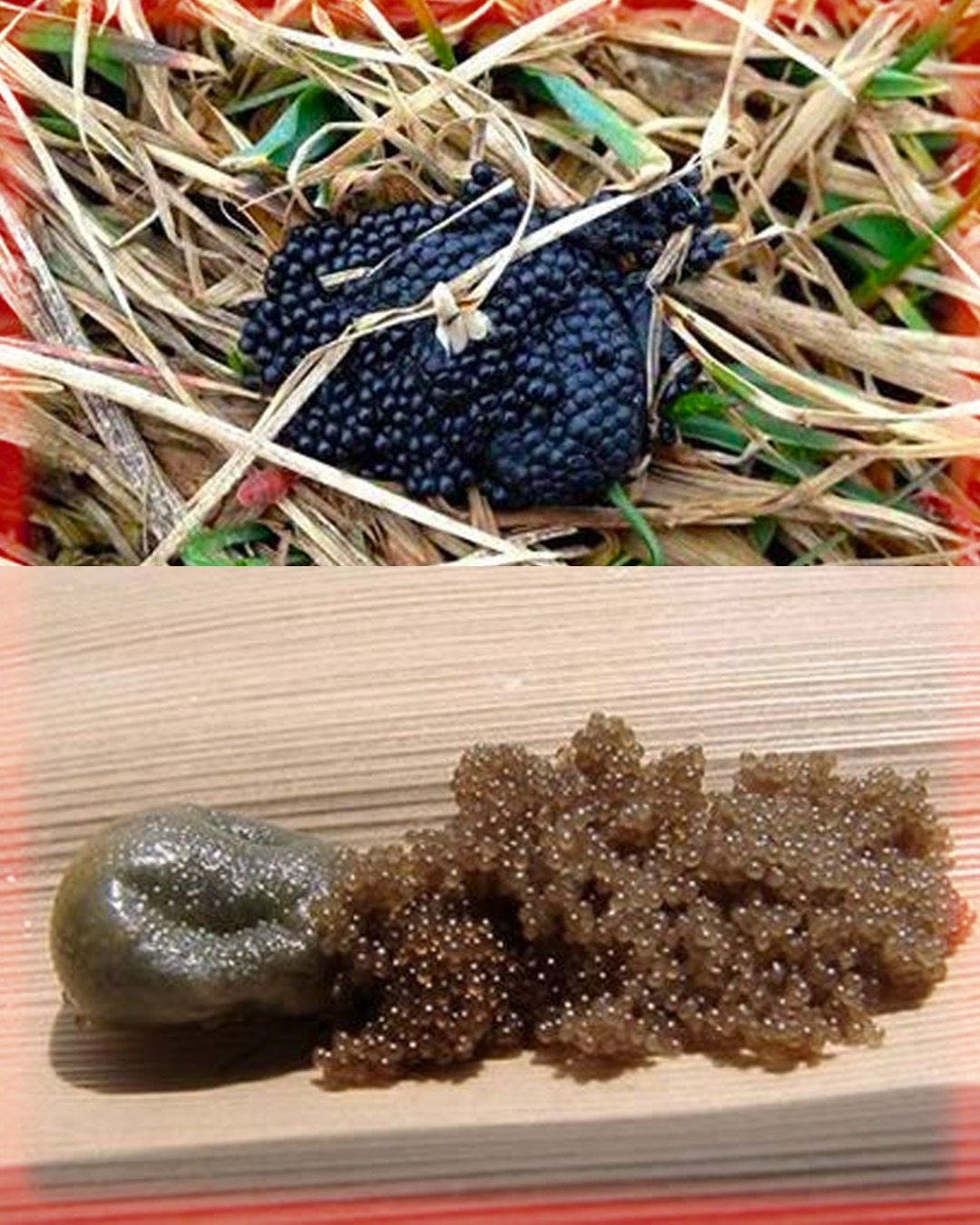ADVERTISEMENT
- Remove Deer-Attracting Plants: Deer ticks, responsible for spreading Lyme disease, can be deterred by eliminating plants like tulips, hostas, and azaleas, which attract deer.
- Introduce Tick-Repelling Plants: Planting herbs like mint, rosemary, and flowers such as chrysanthemums can help keep ticks away.
- Regular Lawn Maintenance: Keep your lawn mowed and reduce heavy brush and ground cover. This reduces the habitat for ticks.
- Manage Woodpiles and Debris: Ticks lay eggs in dark, moist places. Keep woodpiles elevated off the ground and away from the house.
- Discourage Small Host Animals: Maintain stonewalls and avoid bird feeders that can attract rodents, which are common hosts for ticks.
- Use Natural Tick Repellents: Essential oils like cedarwood, neem, and citronella, and diatomaceous earth can be effective natural repellents.
- Employ Tick Tubes: These are no-spray tools that can kill ticks and prevent diseases.
- Incorporate Rough Textures: Using lava rock or pebble mulch in garden beds makes the area less hospitable for ticks.
- Create Lawn-Free Zones: Use hardscaping to reduce tick habitats.
- Apply Insecticides Carefully: If necessary, use insecticides like synthetic pyrethroids or natural alternatives like cedar oil.
